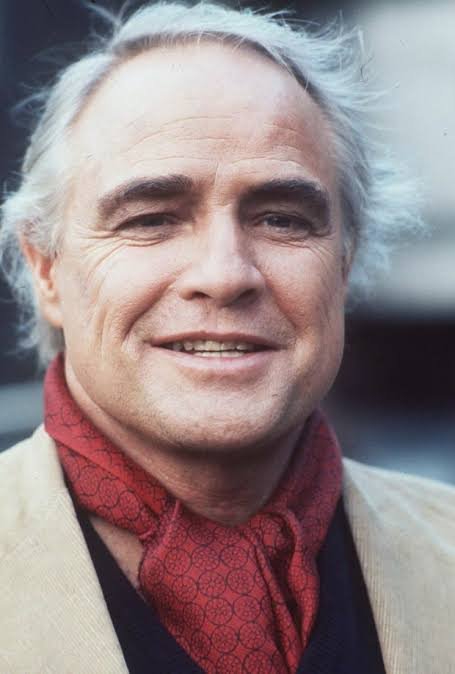Marlon Brando, born on April 3, 1924, in Omaha, Nebraska, was a magnetic and transformative force in the world of Hollywood cinema. His impact on acting and his enduring influence on the film industry have left an indelible mark, making him one of the most revered and influential actors of the 20th century.
Brando’s journey into acting was an unexpected one. Raised in a tumultuous household, he experienced a challenging upbringing that included a strained relationship with his alcoholic mother and a distant father. However, the stage proved to be an escape for young Brando. He discovered his passion for acting during his high school years, and this revelation set the stage for a career that would reshape the landscape of American cinema.
Brando’s early acting endeavors led Marlon Brando to New York City, where he immersed himself in the vibrant world of theater. His breakthrough came with Tennessee Williams’ “A Streetcar Named Desire” in 1947. Brando’s portrayal of Stanley Kowalski was a revelation, showcasing his raw, intense acting style that set him apart from his contemporaries. His performance not only earned him acclaim but also secured his place as a trailblazer in the method acting movement.
The method acting approach, which emphasizes emotional authenticity and psychological realism, became synonymous with Brando. His commitment to fully inhabiting his characters revolutionized the craft of acting, inspiring a new generation of performers. The impact of “A Streetcar Named Desire” reverberated through Hollywood, earning Brando his first Academy Award nomination.
Brando’s journey continued with iconic performances in “On the Waterfront” (1954) and “The Wild One” (1953). The former, directed by Elia Kazan, showcased Brando’s unparalleled ability to convey internal struggles, earning him the coveted Academy Award for Best Actor. His portrayal of Terry Malloy, a dockworker torn between loyalty and morality, remains a masterclass in acting.
As Brando continued to push boundaries and challenge conventional norms, his career took a tumultuous turn. He faced periods of critical backlash and struggled with the industry’s expectations. However, his resilience and commitment to his craft endured. In 1972, he delivered another unforgettable performance in “The Godfather,” directed by Francis Ford Coppola.
Brando’s portrayal of Vito Corleone, the patriarch of a powerful Mafia family, not only earned him a second Academy Award but also solidified his status as an acting legend. His use of improvisation and the sheer force of his presence made Vito Corleone an iconic character in cinematic history.
Despite his cinematic triumphs, Brando’s personal life remained complex. His disdain for the Hollywood system and his outspoken views on social and political issues, including civil rights and Native American rights, often made him a controversial figure. Brando used his platform to shed light on important causes, challenging the industry to confront its shortcomings.
In the latter part of his career, Brando continued to experiment with his roles, taking on characters that defied expectations. Performances of Marlon Brando films like “Apocalypse Now” (1979) and “Last Tango in Paris” (1972) showcased his versatility and commitment to pushing artistic boundaries.
Marlon Brando’s impact on Hollywood and acting extends far beyond his filmography. His legacy lives on through the actors he inspired and the enduring influence of method acting. Brando’s ability to breathe life into characters, to make them truly human, has left an indelible mark on the art of storytelling in cinema. Despite the complexities of his personal life, Marlon Brando’s contributions to film remain an integral part of Hollywood’s rich history, and his name is forever etched in the pantheon of acting greatness.
